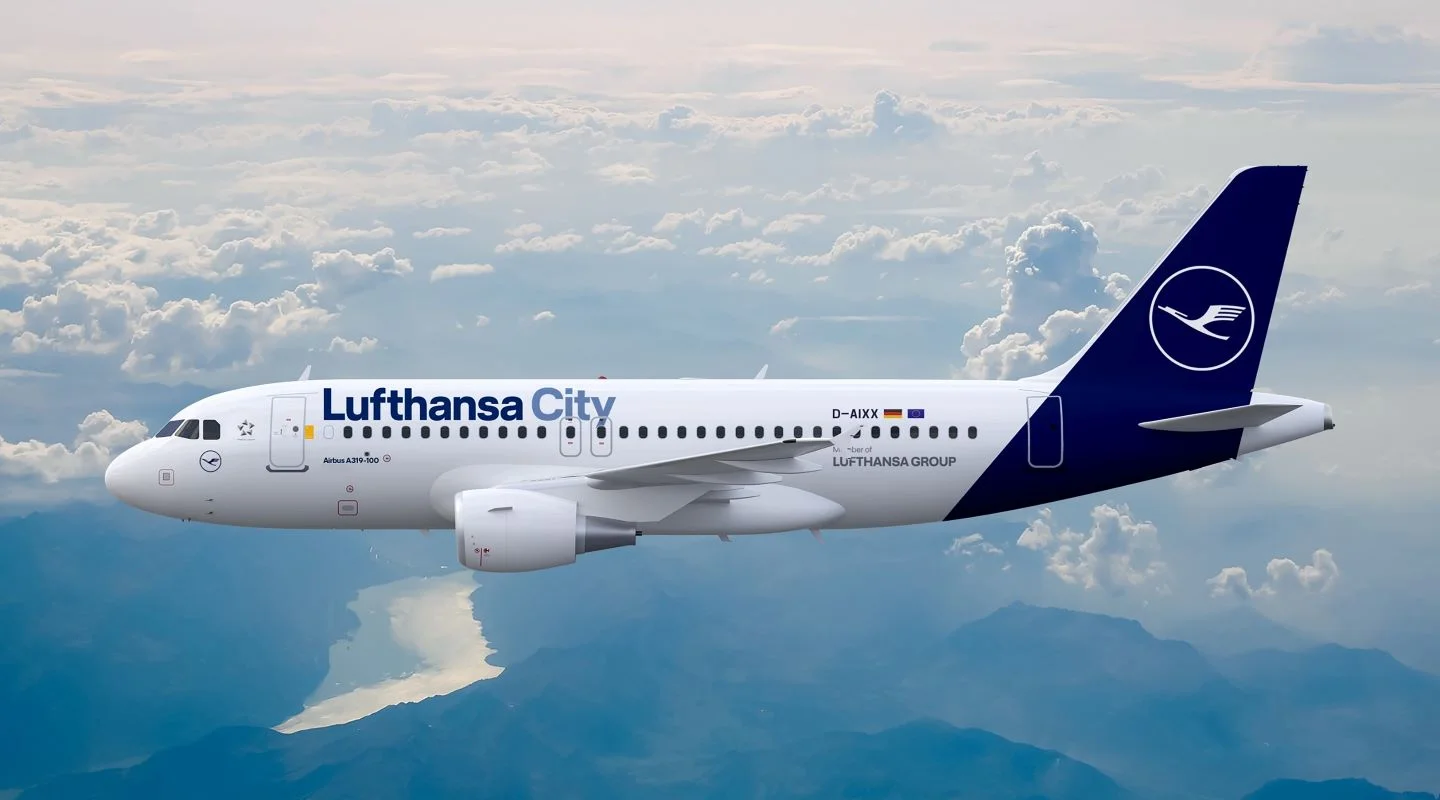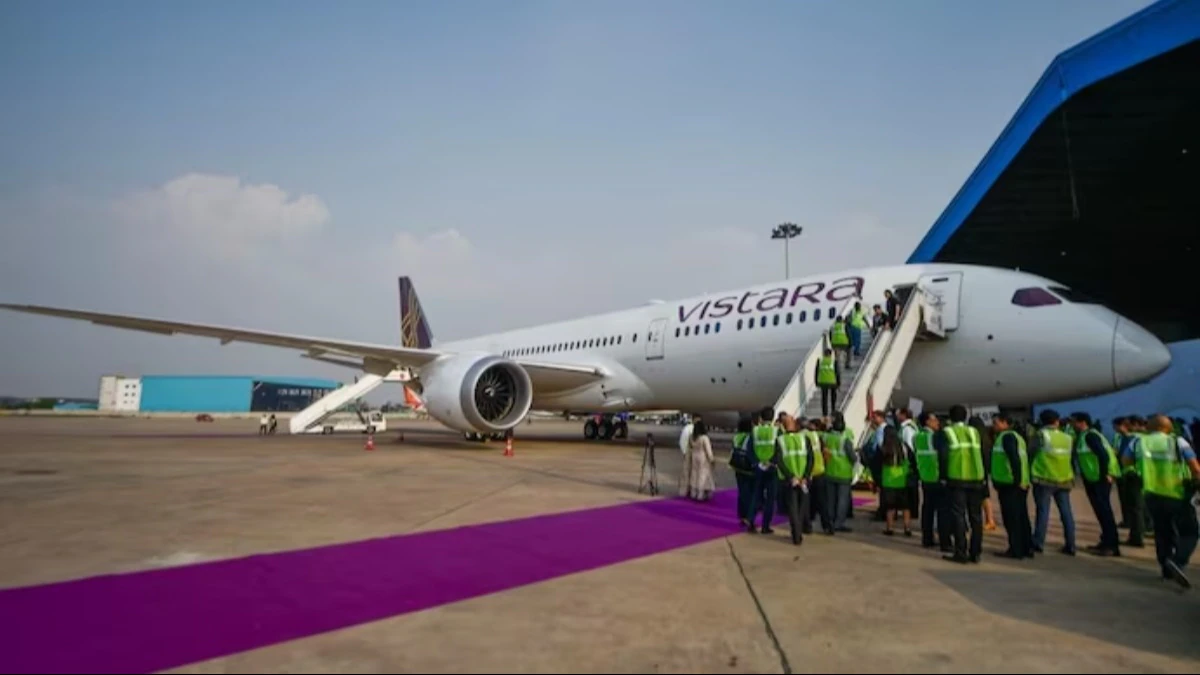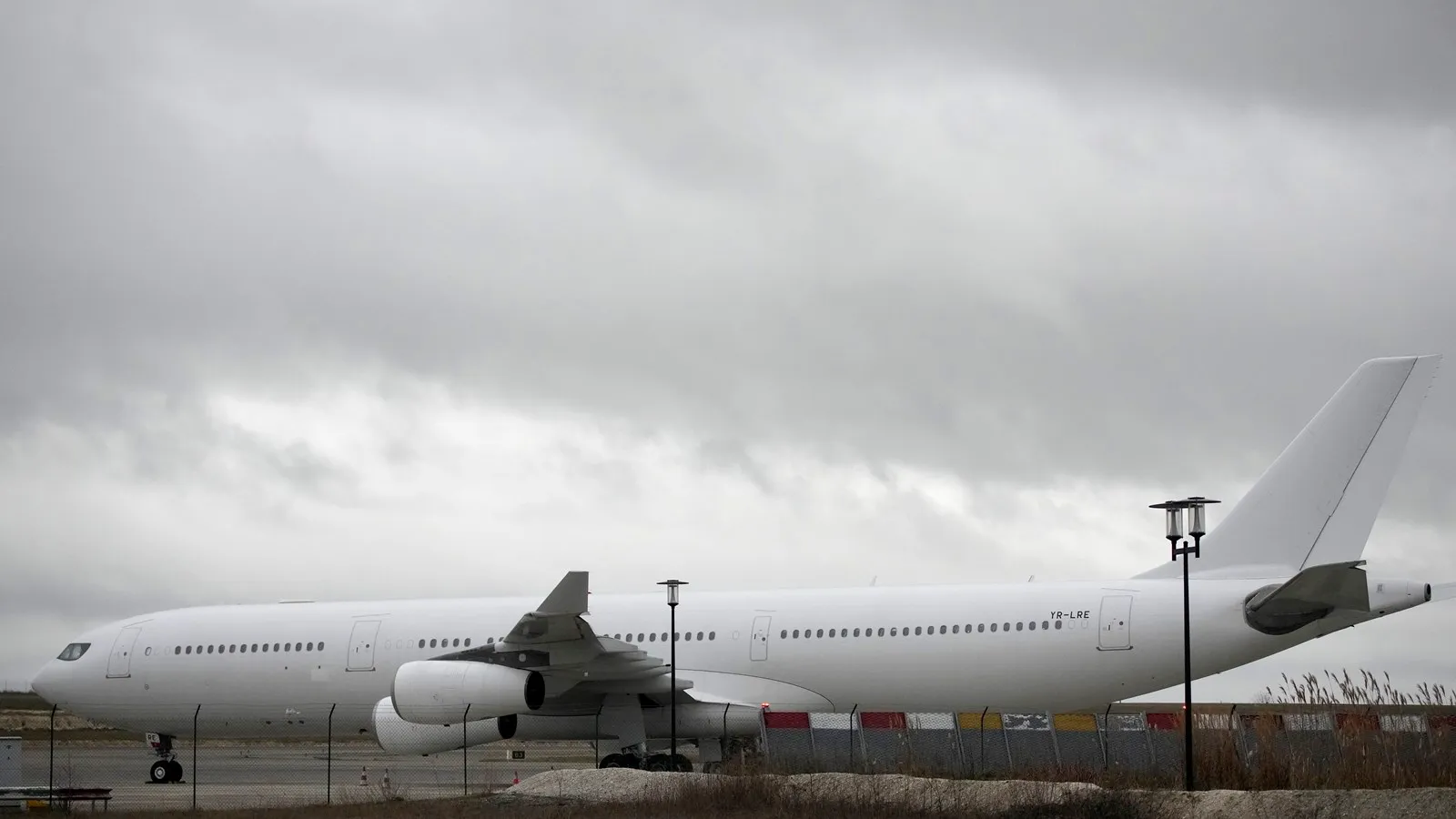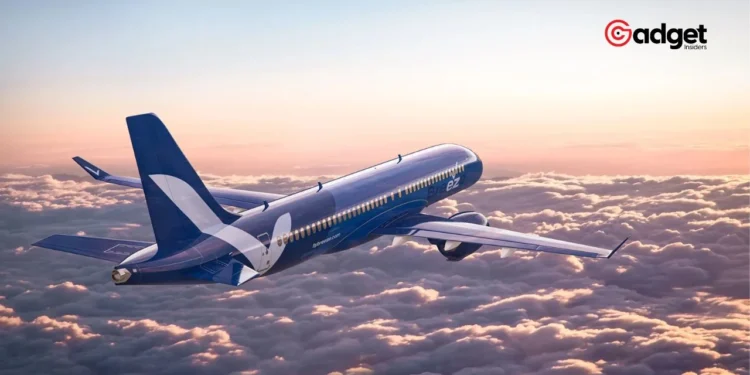In a bold move on March 6, 2024, major airlines including Alaska, American, Delta, Hawaiian, JetBlue, and United, alongside industry lobby Airlines For America (A4A), have taken legal action against the U.S. Department of Transportation (DOT). The lawsuit, initiated in the U.S. Fifth Circuit Court, challenges new regulations mandating that airlines must disclose all fees upfront—encompassing charges for checked and carry-on bags, and change and cancellation fees.
This legal action marks a significant pushback against the DOT’s latest initiative aimed at bolstering consumer rights and promoting transparency within the airline industry.

The Argument Against DOT’s Rule: Clarity or Confusion?
The carriers and A4A argue that the DOT has overstepped its bounds with this new rule, deeming it “arbitrary and capricious.”
The rule, announced by Transportation Secretary Pete Buttigieg on April 24, is touted as a measure to foster healthy competition by enabling consumers to compare the true costs of travel before making a purchase. Secretary Buttigieg emphasized that “knowing the real price of a trip before and not after you buy” is essential for consumer decision-making.

However, Airlines For America contends that this move by the DOT might lead to consumer confusion, suggesting that the influx of fee information could make the buying process more cumbersome rather than streamlined.
“The DOT ancillary fee rule is a bad solution in search of a problem,” stated the lobby group, expressing concern over what they perceive as unnecessary regulatory overreach into the operations of a flourishing market.
Airlines sue DOT over new rules requiring disclosure of fees @petemuntean @CNN https://t.co/8tUv2cHZ4p
— Rob Frehse (@ItsNotaHalfDay) May 13, 2024
Consumer Savings at Stake
According to the DOT, the implementation of this rule is expected to save consumers approximately $500 million annually. This figure highlights the potential financial benefits for travelers, aiming to make cost structures more transparent and travel planning more predictable.

Airline Industry and Consumer Watchdogs React
The reaction to the lawsuit has been mixed, with consumer advocacy groups championing the DOT’s rule as a step forward in airline fee transparency, while industry stakeholders resist the perceived encroachment on business autonomy.
As the case progresses, it will serve as a pivotal moment in the ongoing debate over consumer rights and regulatory authority in the airline industry. The outcome could set precedents for how fees are disclosed and regulated, potentially reshaping the landscape of airline consumer relations.
In this high-stakes legal battle, the core issue transcends the airline industry, touching on broader themes of consumer protection, market regulation, and the right to clear accessible information.
As both sides prepare their arguments, the eyes of travelers and industry professionals alike will be keenly watching the developments of this case, anticipating its implications for future air travel.










